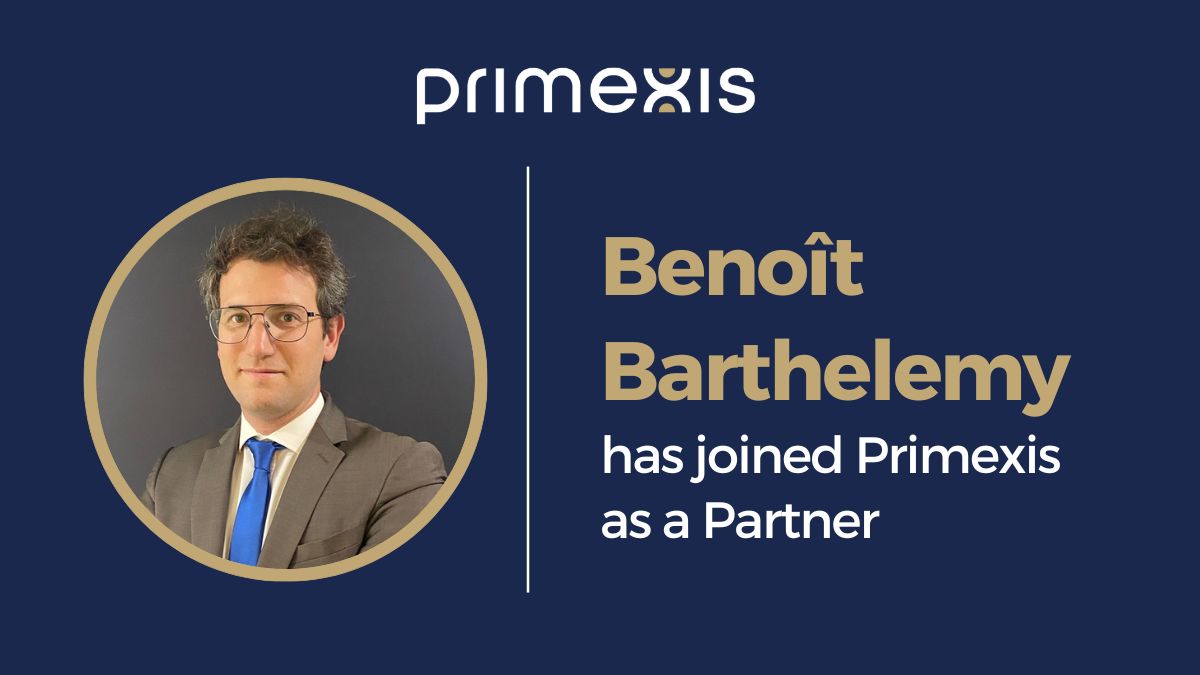Consolidated Tax:
What difficulties are groups facing?


Article written by Victor Arnaud
Senior Manager Consolidation & Reporting
Primexis / France
Consolidated tax is a major challenge for many groups, as it includes current and deferred taxes derived from all subsidiaries. In accordance with international standard IAS 12, groups are required to show detailed tax information on both the balance sheet and income statement in their consolidated financial statements.
What difficulties are groups facing?
Calculating deferred taxes, monitoring the related bases, and managing repayment schedules provide an overall view of taxation at the group level. An in-depth understanding of deferred taxes and the taxable income of the various subsidiaries is essential for producing the Group’s tax proof and managing the Effective Tax Rate (Taux Effectif d’Impôt).
Integrating this data into consolidation tools, via tax packages, is an important element in optimizing the consolidated tax analysis. In addition, the ATAD, which limits the deduction of financial charges, and, in particular, the upcoming application of Pillar 2, which calls for a minimum tax rate of 15%, add further complexity to this already convoluted environment.
These issues require in-depth expertise, for which groups regularly call specialist firms.

Feedback on a Primexis Client Assistance Project
4 Areas of Application
1. Training on the New Tax Package
At the half-year closing, the new tax package implemented by the Group revealed some difficulties in terms of appropriation by internal teams. We were asked to analyze the situation, review the process, and offer modifications. This analysis highlighted the need for specific assistance in training contributors.
Our team organized training sessions on the tax package for the subsidiaries. The goal was to ensure a uniform and in-depth understanding of the newly adopted procedures, while guaranteeing the quality of the data collected.
2. Optimizing Controls
Our team reviewed the functional specifications, in response to consistency checks on the tax package that required adjustments. Our consultants communicated with the project manager about the configuration and carried out the functional acceptance test.
This intervention not only enabled us to redefine the controls for improved data consistency but also optimized the process for the future.
3. Integrating New Subsidiaries
Acquiring 50 subsidiaries during the year added to the complexity of implementing the new tax package.
Our consultants made the necessary adjustments to the tax cut-off, a critical step in ensuring compliance and validation of the consolidated tax. This involved a detailed review of the subsidiaries’ taxable income, which was then adjusted to reflect the integration period (the period between the acquired subsidiaries’ date of entry and closing date).
At the same time, they played an active role in training new entities on the specifics of the tax package, with the goal of ensuring reporting continuity.
4. Bridge Between Tax and IFRS Consolidated Financial Statements
The tax manager’s task is to optimize and determine the correct tax charge for the whole group. The consolidator’s task is to calculate deferred taxes and justify the consolidated tax.
In recent years, many tax and reporting regulations have been based on the consolidated financial statements (ATAD, CbCR, and Pillar 2), requiring close collaboration between these two professions.
As part of their assignment, our consultants aimed to encourage interaction between tax specialists and consolidators to improve their mutual understanding of tax issues.
For this consolidated tax project, our detailed analysis and tailored training enabled us to unify the Group’s procedures with the new Tax Package requirements. By optimizing controls and facilitating collaboration between the tax department and the consolidation team, we not only improved the accuracy of tax reporting but also contributed to the better management of deferred taxes.
Fayda Tang
Supervisor at Primexis
Our work for this Group is a perfect illustration of Primexis’ ability to master the complexities of consolidated taxation, thus guaranteeing the reliability of consolidated financial statements.
Our expertise in consolidation and IFRS and our in-depth understanding of the tax difficulties involved have made us a trusted partner to Finance Departments.


